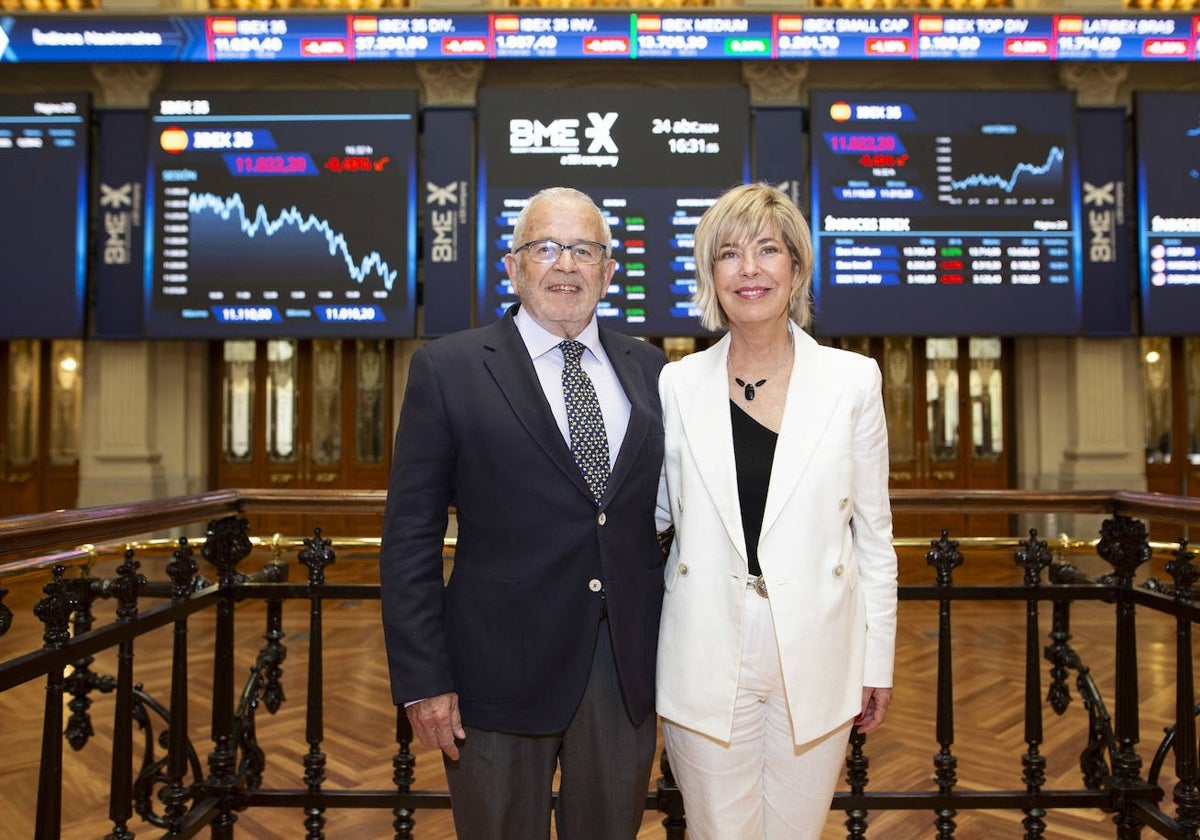Spanish scientists on the brink of finding a cure to sepsis
This potentially fatal reaction of the body's immune system to infection is the world's leading cause of death in intensive care units and there is currently no effective drug to treat it
Mercedes Navarrete
Granada
Wednesday, 8 May 2024, 23:14
Sepsis is a life-threatening condition that happens when the body’s immune system has an extreme response to an infection, causing organ dysfunction. This potentially fatal reaction of the body's immune system to infection is the world's leading cause of death in intensive care units and there is currently no effective drug to treat it.
Pharmamell, a pharmaceutical company from Granada, is currently carrying out final clinical trials on a drug it has developed to combat sepsis, which could reduce hospital stays and save money for public health bodies, but above all it would save lives.
The creators of Pharmamel are Germaine Escames and Dario Acuña, professors in the Department of Physiology at the University of Granada (UGR). The married couple are recognised as the world's leading experts on melatonin.
Darío studied Medicine in Santiago de Compostela and moved to Granada to do his thesis. Germaine is French and studied Pharmacy at the UGR and obtained a place at the Hospital Clínico de Granada. Darío was already there conducting his research on melatonin.
"They told me that it was a molecule produced in the pineal gland, that it regulated sleep and that it was good for nothing else," Germaine recalls. However, curiosity about this molecule and love brought the researchers together.
A cream
"One of my lines of research is cancer and when I was giving a talk to oncologists they asked me why I didn't make a cream for radiodermatitis, caused by the adverse effects of chemo and radiotherapy," Germaine recalls. So she did. She and her husband created a cream that worked and in order to market the product the couple created Pharmamel as a spin-off of the UGR.
At the same time as launching their creams, they continued their teaching and research work at the UGR in the field of melatonin. "We had proven in mice that melatonin counteracts inflammation and we developed the injectable to treat sepsis," the researcher continues.
In 2016, they achieved a phase II clinical trial to test the efficacy of the drug in ICU patients at the Virgen de las Nieves hospital in Granada, and it was a success. "There was a significant reduction in hospital stay, mortality decreased and from there we patented the formulation jointly between the SAS [Andalusian health service] and the UGR," he says.
After the outbreak of Covid in 2020 they managed to carry out a second clinical trial at the La Paz hospital in Madrid, at a time when its ICU was dealing with a global pandemic. Once again, the results were encouraging and so the researchers decided to take the last step - a phase three clinical trial needed to obtain authorisation to launch the drug.
The couple are enthusiastic. They have faith in their drug and know scientifically that it's going to work. "It's not a dream, it's a reality. We have fought so hard. We know how melatonin works, we know its properties and it's going to be a tremendous solution because mortality from sepsis is increasing as resistance to antibiotics is increasing," they explain.
"It has been a very long and hard road, at the beginning nobody believed us, but we are thrilled to see that the research will benefit society, that it will not remain in a drawer or in a scientific publication and that it will help save lives," they conclude.
